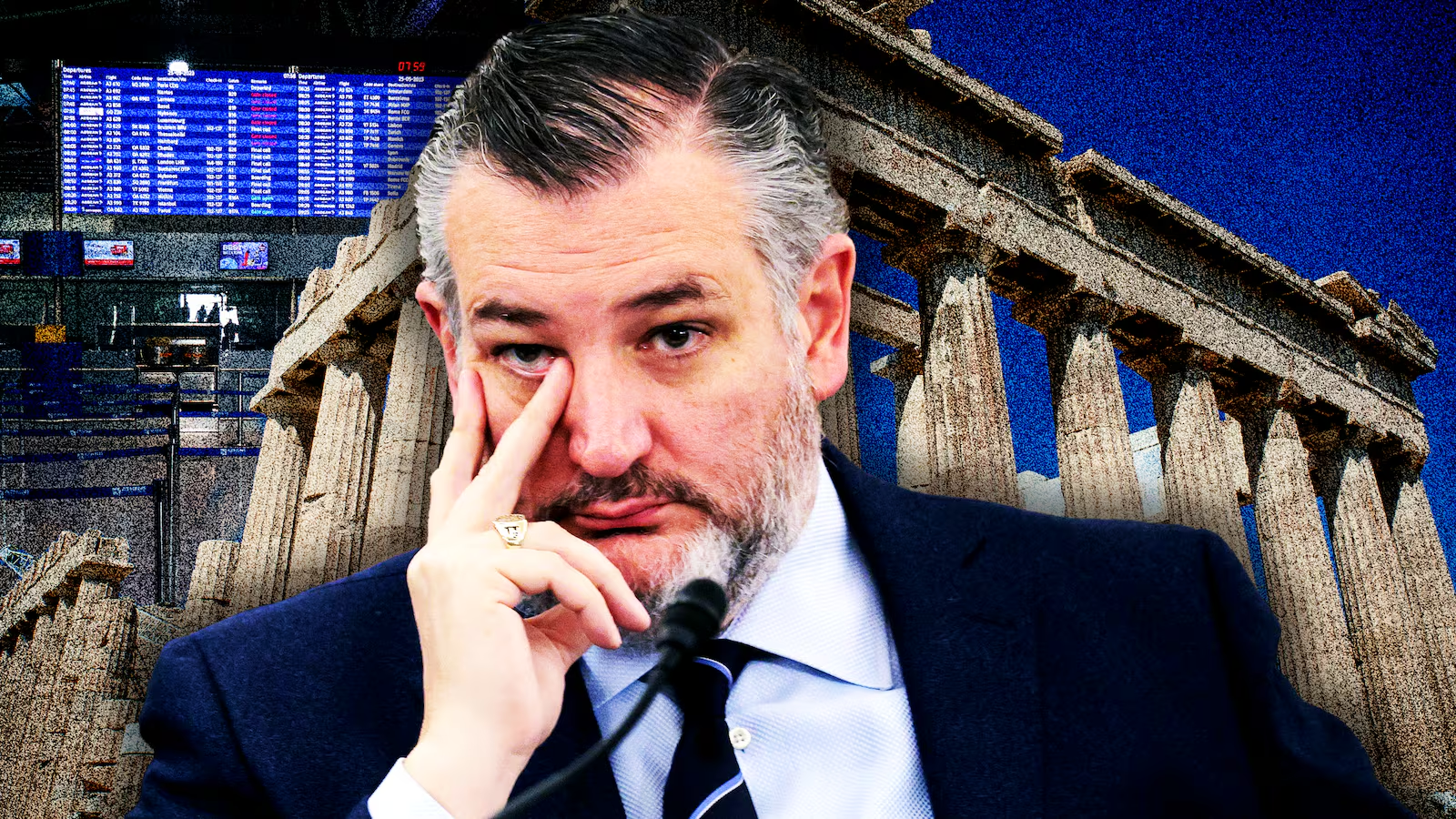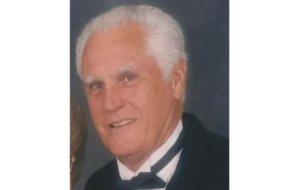Ted Cruz vacationing during the Texas floods crumbles
Senator Ted Cruz’s assertion that he returned to Texas “as fast as humanly possible” after catastrophic July 4 floods has been thoroughly debunked. Contrary to his office’s statement, photos and flight records reveal that Cruz continued sightseeing in Athens—including a Parthenon visit on July 5—while over 100 casualties, including 27 children from Camp Mystic, were still unaccounted for. This investigation demonstrates that earlier flights were available, undermining his narrative and fueling renewed criticism of political leadership during emergencies.
The Timeline of Events and Missed Opportunities
Within hours of flood alerts on July 4, Cruz’s team claims he contacted President Trump, Governor Abbott, Lt. Governor Patrick, and FEMA teams to coordinate federal response. Despite this communication, photos from July 5 show him touring the Parthenon, nearly 30 hours post-disaster. Independent flight data confirms viable earlier routes were available on both July 4 and July 5—contradicting his office’s statement that Sunday night was the earliest feasible return.
This isn’t Cruz’s first controversy. In 2021, he flew to Cancún during Winter Storm Uri, leaving Texans without power and heat—a decision he later acknowledged was “obviously a mistake”. That episode remains the defining scandal of his career, and today’s incident only reinforces that narrative.
Political Fallout and Public Backlash
Critics decry Cruz’s perceived indifference as families mourned lost children. An eyewitness recounted confronting him: “20 kids dead in Texas and you take a vacation?” to which Cruz allegedly “grunted and walked on,” while his wife reportedly “shot a dirty look”.
Public sentiment reflects hushed outrage reminiscent of the Cancún scandal; one Redditor summarized the backlash bluntly:
“Ted Cruz could have rushed back to his flood‑hit Texas constituency after the deaths of 100 people … Instead, he was seen touring the Parthenon.”
Such reactions highlight broader frustration with political accountability and leadership during national emergencies.
Climate Change, Preparedness, and Policy Implications
Amidst this uproar, scrutiny has spread to Cruz’s legislative history, particularly a budget amendment he reportedly supported, which eliminated a $150 million fund for weather forecasting upgrades. Critics argue that these cuts undermined preparedness and compromised early warning systems. White House press secretary Karoline Leavitt countered by affirming that timely flash-flood warnings were issued, maintaining that the National Weather Service performed adequately.
This clash underscores deeper issues in U.S. disaster policy: balancing fiscal conservatism with robust investments in early-warning infrastructure and climate resilience—a debate this tragedy has reignited.
Leadership Patterns and the Future of Cruz’s Reputation
Turning back to Greece, Cruz’s team contends he adhered to airline schedules and returned with haste, arriving in Kerrville, Texas, by Monday morning houstonchronicle.com. Yet, his visible presence overseas—coupled with a past marked by disaster-era vacations—casts a long shadow. His defenders claim intense communication with federal authorities during the weekend; opponents suggest these efforts were reactive and insufficient.
As Cruz eyes potential reelection or further national ambitions, political analysts note that crisis responses increasingly shape voter memory over committee votes. Whether or not implementation gaps exist, the optics of vacations amid community suffering may yet define his political legacy.
Conclusion
Ted Cruz’s claim of returning home “as fast as humanly possible” has been thoroughly undermined by independent photos and flight logs, painting a starkly different picture. His trip to the Parthenon on July 5, after disastrous flooding in Texas, resurrects past controversies and raises serious questions about leadership in crises. Beyond public outrage, the incident spotlights critical policy decisions in forecasting and disaster preparedness. For Senator Cruz, the repercussions of this episode could echo far beyond headlines, engraving lasting doubts over his priorities when they matter most.
Subscribe to trusted news sites like USnewsSphere.com for continuous updates.





